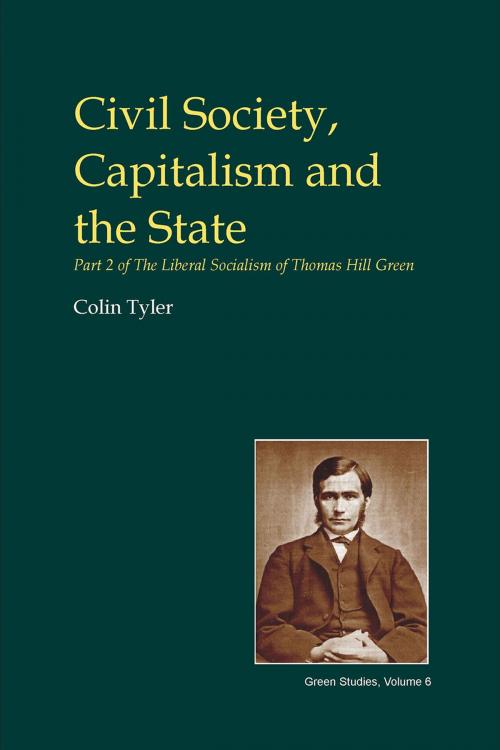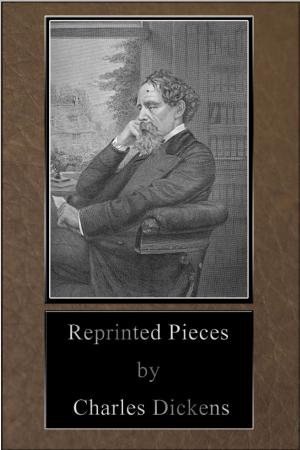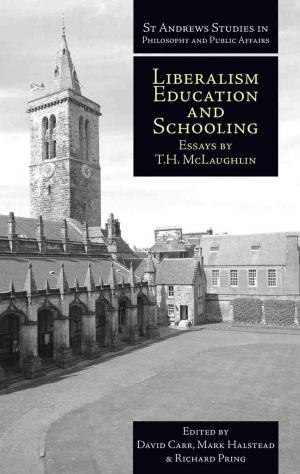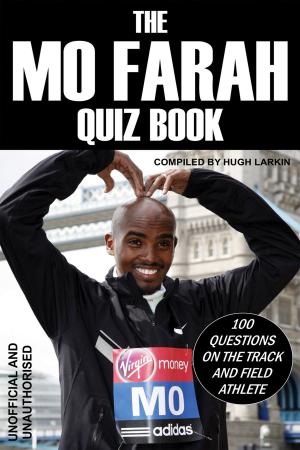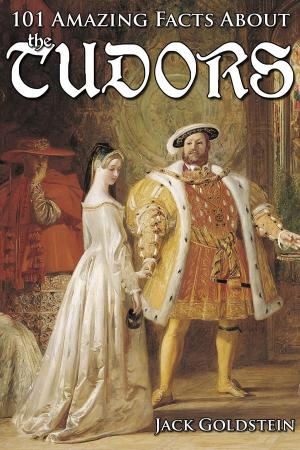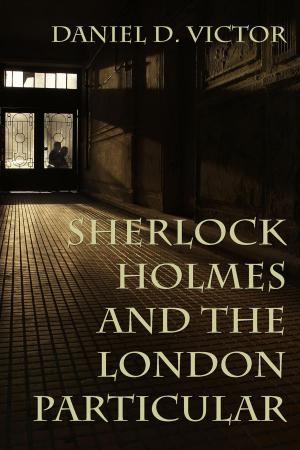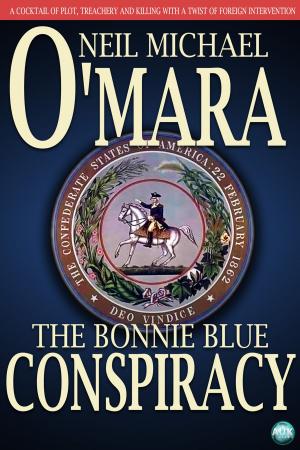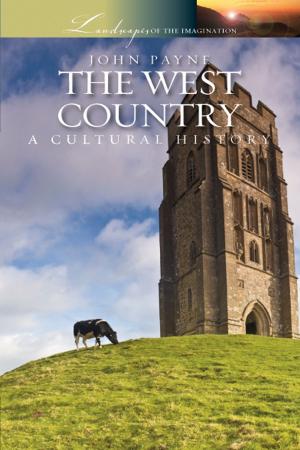Civil Society, Capitalism and the State
Part 2 of the Liberal Socialism of Thomas Hill Green
Nonfiction, Religion & Spirituality, Philosophy, Political| Author: | Colin Tyler | ISBN: | 9781845405564 |
| Publisher: | Andrews UK | Publication: | November 30, 2012 |
| Imprint: | Imprint Academic | Language: | English |
| Author: | Colin Tyler |
| ISBN: | 9781845405564 |
| Publisher: | Andrews UK |
| Publication: | November 30, 2012 |
| Imprint: | Imprint Academic |
| Language: | English |
Civil Society, Capitalism and the State presents a critical reconstruction of the social and political facets of Thomas Hill Green's liberal socialism. It explores the complex relationships Green sees between human nature, personal freedom, the common good, rights and the state. It explores Green's analysis of free exchange, his critique of capitalism and his defence of trade union activity and the cooperative movement. It establishes that Green gives only grudging support to welfarism, which he saw as a conservative mechanism in effect if not conscious design. It is shown that he believes state provision of welfare to be justified only to the extent that peasants and the proletariat lack a culture and institutions which enable them to assert themselves against abusive landlords and capitalists. Ultimately, it is shown that Green's guiding ideal is the creation of a eudaimonically-enriching kingdom of ends, which favours the creation of a dynamic and free society driven by mass participation through decentralised social and political institutions. This book builds on Colin Tyler's The Metaphysics of Self-realisation and Freedom (2010), although it can also be read as a freestanding work.
Civil Society, Capitalism and the State presents a critical reconstruction of the social and political facets of Thomas Hill Green's liberal socialism. It explores the complex relationships Green sees between human nature, personal freedom, the common good, rights and the state. It explores Green's analysis of free exchange, his critique of capitalism and his defence of trade union activity and the cooperative movement. It establishes that Green gives only grudging support to welfarism, which he saw as a conservative mechanism in effect if not conscious design. It is shown that he believes state provision of welfare to be justified only to the extent that peasants and the proletariat lack a culture and institutions which enable them to assert themselves against abusive landlords and capitalists. Ultimately, it is shown that Green's guiding ideal is the creation of a eudaimonically-enriching kingdom of ends, which favours the creation of a dynamic and free society driven by mass participation through decentralised social and political institutions. This book builds on Colin Tyler's The Metaphysics of Self-realisation and Freedom (2010), although it can also be read as a freestanding work.
